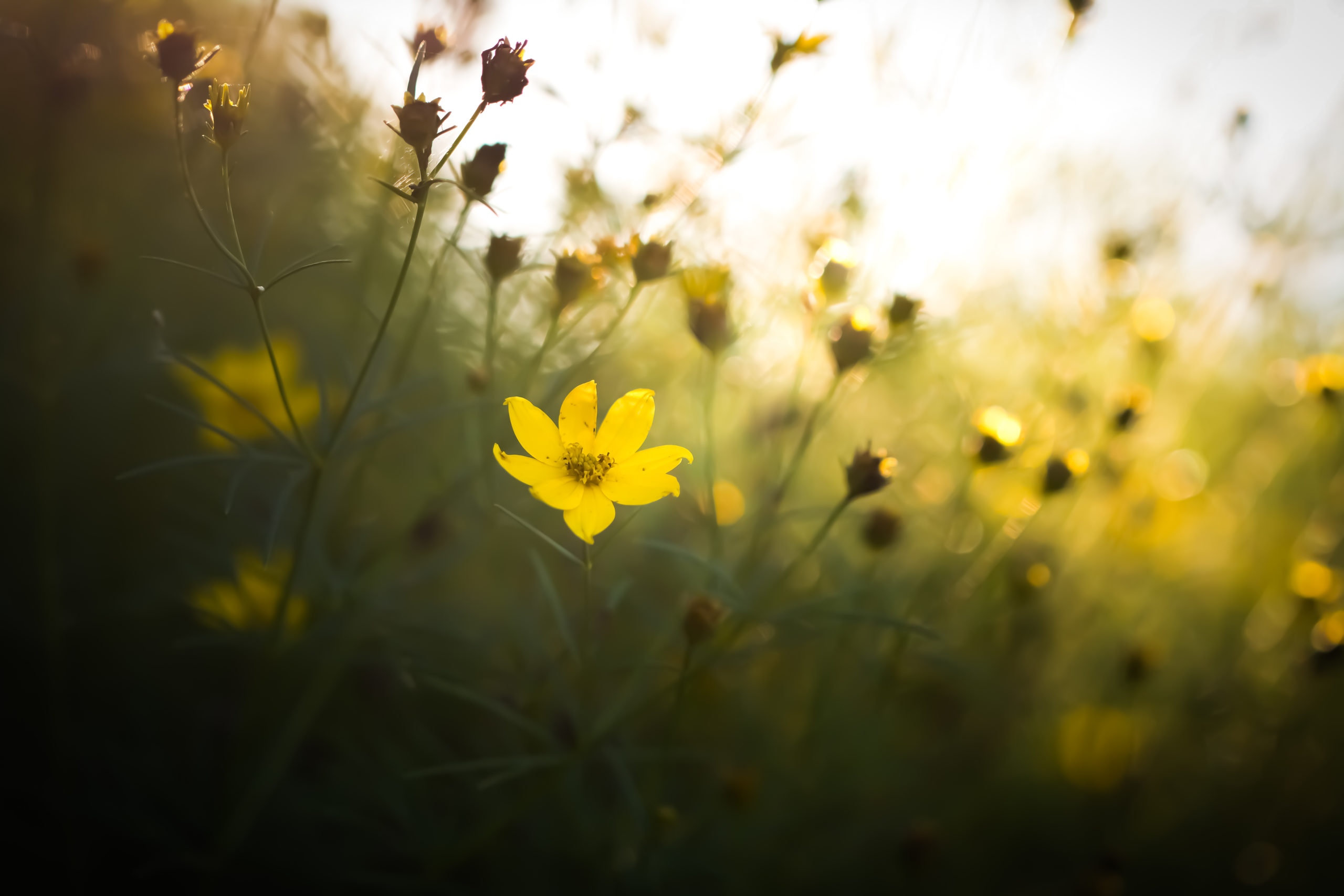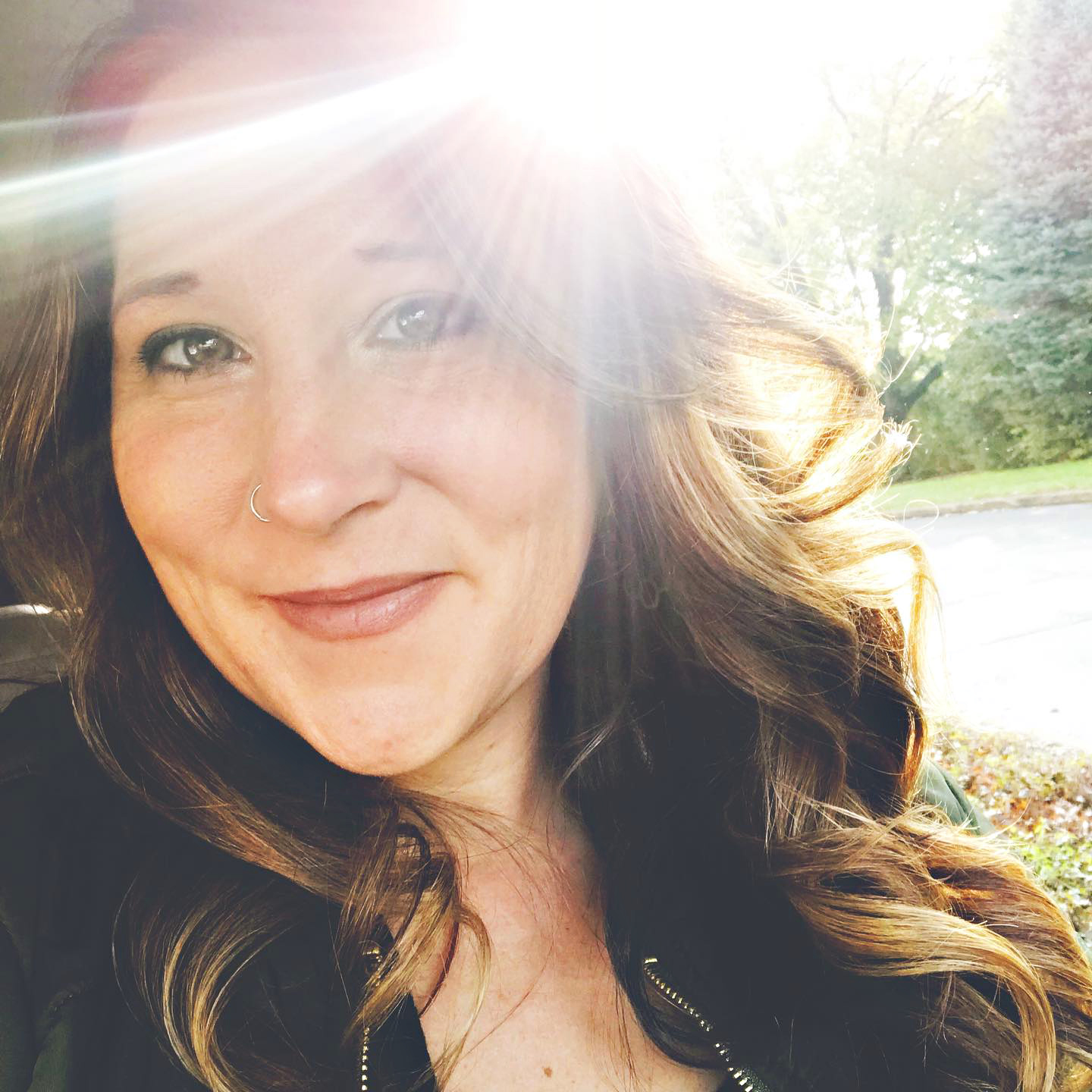I told a friend the other day that I have never felt more fractured in my mind and spirit, than I have in recent months. I confessed that in a season where I’ve felt such an intense call to pray, I have struggled to navigate my conversations with God with the regularity and intention that I know I’ve needed. Unhappy with the shape of my own heart, I felt the pull to make some tangible changes, to see if I couldn’t re-orient myself, namely, I wanted to make a concerted effort to be more present to the given moment. If fragmentation occurs when our minds and hearts are splintered by too much information, too much to do, wounding, processing trauma, and all manner of distraction, then it seemed that it was going to take a change in the ways I was showing up to each day in order to root myself in each moment, as it unfolds.
It feels strange to me that practicing presence takes so much effort. It feels like it ought to be simply the way in which we navigate life, but I know that just because a thing seems like it should be a certain way, doesn’t mean that it is so. In Brother Lawrence’s book, The Practice Of The Presence Of God, he talks about how being aware of God in every moment of the day, particularly in those otherwise unspectacular moments of doing daily chores, such as the laundry or the dishes, leads to adoration and worship.
“That we needed only to know God intimately present in us, to address ourselves to Him at every moment, to ask His aid, to discern His will in doubtful things, and to do well those things we see clearly He is demanding of us, offering them to Him before doing them and giving Him thanks for having done them for Him after we have done them. That in this continual conversation we are likewise unceasingly engaged in praising, adoring and loving God for His goodness and perfection.”[1]
It seems that being present has little to do with what one is doing, and entirely with how one is being.
As I am re-discovering during these post-quarantine days, practicing God’s presence is about living each day in a particular posture—a posture of paying attention. As the weather turns here from the steady rains of spring, to the drier, warmer days of summer, I am making a regular habit of spending whatever time I can beneath the umbrella on the back patio. While I wouldn’t call myself a naturalist, I rarely have to look too hard in order to “see” God outside. Invitations to worship flit to-and-fro in the freshly shorn summer grass, in the shape of a robin’s orange belly dancing above spindly, sturdy legs, or the lavender tendrils quietly creeping up from the center of my hostas. I see the glory of God in each of these things. My own back yard, a psalm is unfurling in real time, before my eyes.
As part of my ritual for being outdoors, I am making special effort to notice everything that I can with my senses. Sometimes I take a pen and a notebook with me, sometimes I bring my phone for taking photos. My effort is simple, it consists of answering these following questions:
What do I see?
What do I hear?
What do I smell?
What do I feel?
What do I taste?
The other afternoon, my answers looked like this:
What do I see? Brilliant green trees against a cobalt sky. Clouds, full and bright white, drifting on the breeze. Trees swaying, the small yellow star-shaped blossom of my young tomato plant. The fading red of the patio umbrella, the moon, a near-translucent white shadow in the blue sky.
What do I hear? The thrumming of the neighbor’s lawn-mower, the steady hum of the A/C unit, a variety of birdsong—Robins, Chickadees, Red-wings and the unmistakable piercing shriek of the resident Killdeer. The neighbor’s children calling to each other in play—not unlike the birds. I hear the wind rustling the tree limbs, and the creak of the patio umbrella pole as it sways.
What do I smell? Fresh cut grass and newly laid mulch. Somewhere nearby, someone is grilling something.
What do I feel? I feel the wind as it tickles my shoulders, and tousles the hair at the nape of my neck. I feel the warmth of the sun on my right side. It’s cool; there’s no humidity.
What do I taste? The chocolate I ate just before sitting down outside still lingers on my tongue. I taste the tannins of my black iced tea, unsweetened and just barely bitter.
Taking the time to answer these questions immediately roots us in the moment, it requires us to notice, and in order to notice, one must be present. In noticing the blue of the sky for example, I am moved to remember the storms and hail(!) that blew through the other afternoon, and in remembering this, I am moved to praise God for His protection and His provision, and to ask again, for the mercy of good weather.
Paying attention to our senses in any given moment is only the first step towards practicing presence. Mary Oliver wrote that “attention is the beginning of devotion.” Paying attention or noticing, it turns out, is like opening a door.
It is an invitational act. Who or what might we see now, with our eyes fully open, that we might have missed before? Maybe it’s God, and maybe, it’s ourselves that we see with more clarity. Paying attention with our five senses can open a door to confession and repentance. Perhaps we have been so fractured and distracted, that we’ve neglected having that more difficult conversation with Jesus about the way we mishandled a particular conversation, or the way we boiled and steamed over a bitter word that so-and-so spoke to us. These things and more surface when we take time to reflect.
Noticing how we feel isn’t only about taking stock of the external, but the internal as well. Does our heart race? Is our stomach tense with anxiety? Do our shoulders feel tight? Are our feet sore from too much standing? These are touch points, putting us in touch with our needs and places where we can invite God to minister to us in our great need.
Everything we see, feel, taste, hear, and touch becomes for us a map to remembering how to pray.
Re-orientation takes time. There need not be any further pressure applied to “fix” oneself in an instant. Our work is not in the fixing, but only in assuming the posture—and by that, I only mean, orienting ourselves in such a manner as to turn our faces towards God, however smudged and weathered by the world they may be. If we can do this small work of paying attention, we will find the pieces of ourselves that have scattered drawn back together into a mosaic of prayer. Try it for yourself. Watch how this begins to happen almost without effort.
This small, simple act is enough for today. As Brother Lawrence gently quipped, “One does not become holy all at once.”
[1] Brother Lawrence of the Resurrection, The Practice of the Presence of God. Image Books, 1977.
[2] See Psalms 19, Psalms 95, and Psalms 104 for starters.
The featured image is courtesy of Julie Jablonski and is used with her generous permission for Cultivating and The Cultivating Project.
As a sequin-wearing, homeschooling mother of four, Kris is passionate about Jesus, people and words. Her heart beats to share the glorious truth about life in Christ. She’s been known to take gratuitous pictures of her culinary creations, causing mouths to water all across Instagram. Serving as an advocate for Compassion International, Kris is Managing Editor of The Cultivating Table for Cultivating. She is the author of, Come, Lord Jesus: The Weight of Waiting and Holey, Wholly, Holy: A Lenten Journey of Refinement, and Everything is Yours. Kris is the founder and host of Refine {the retreat}. She writes at kriscamealy.com.


Loved it, Krissie! Well thought out and expressed. Too often we get too caught up in life to be aware of all God has provided and to thank him for the provision. Building a relationship with Jesus starts by thanking him for all he has provided. to quote James Montgomery Boice, “thankfulness is a mark of those who truly know god – even though we sometimes forget to be thankful. ingratitude, by contrast, is the mark of those who repress the truth about him.” god’s creation shouts his existence. (See exodus 15:1-2, 11)
I love the invitation to worship and pay attention. Thank you for sharing what your senses were paying attention to! I am going to be thinking about brother Lawrence’s quotes here too. So much grace.
Beautiful Kris, thank you.
I’ve read this a couple times now and been reflecting on the idea of noticing the usually unnoticed things in our surroundings in an unbusy moment. Thinking about the idea that any time we sit surrounded by breezes, rustling leaves, humming insects or birdsong, that God knew when He made the world that each of those things and many more would be wrapped around us someday when He brought each of us forth. That when He planted the first trees, one of the things he knew about them was which of their descendants would shade me on one particular afternoon. That each molecule of each of my moments was chosen, was part of what God saw when He “saw that it was good.” If He took the time arrange all these things around us, they’re worth noticing and appreciating. Thanks for reminding us of this Kris!
This is so beautiful, Kris. Such a practical tangible way to become more aware of the mystical spiritual presence of God we all long for.